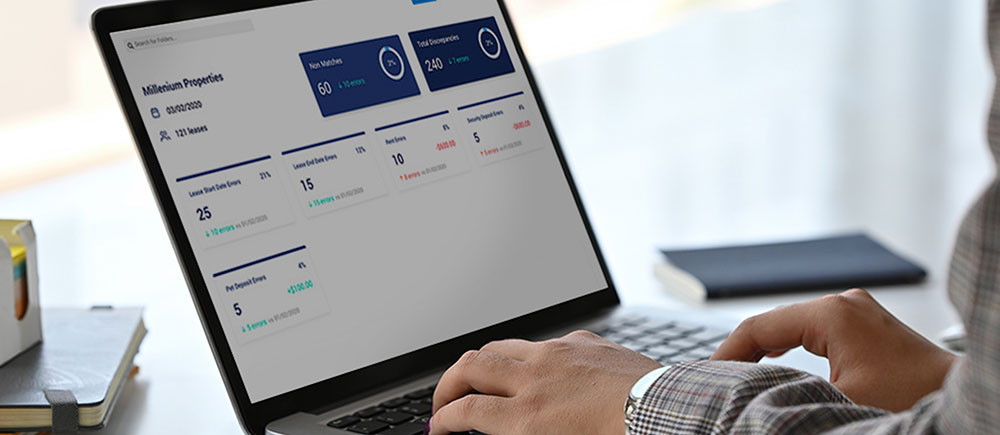Guide To Improving Your Property Management Software
Chapters
Benefits Of Auditing Lease Files
Residential businesses often overlook auditing lease files, which can offer significant benefits. This process involves reviewing existing leases to ensure they are accurate, up-to-date, and error-free. By conducting regular audits, businesses can mitigate legal risks, improve financial performance, and enhance tenant satisfaction.
Key Benefits of Auditing Lease Files:
Legal Compliance:
- Prevention of Legal Disputes: Helps identify potential legal issues before they can become costly litigation.
- Risk Mitigation: Reduces the risk of legal claims, fines, or penalties.
- Tenant Protection: Ensures tenants are treated fairly and consistently, reducing the likelihood of tenant disputes or legal actions.
Financial Benefits:
- Revenue Optimization: Ensures that rental income is accurately calculated and collected, preventing revenue loss due to errors or omissions.
- Expense Management: Helps identify and correct overpayments or unnecessary expenses related to lease administration.
- Improved Cash Flow: Ensures timely rent collection and minimizes late payments, improving cash flow and financial stability.
- Cost Savings: This can help identify areas where costs can be reduced, such as renegotiating vendor contracts or implementing more efficient lease administration processes.
Enhanced Resident Satisfaction:
- Clear Communication: Provides residents with accurate and timely information about their lease terms and obligations.
- Fair Treatment: Ensures that all residents are treated fairly and consistently.
- Dispute Resolution: Helps resolve lease-related disputes efficiently and effectively, improving tenant satisfaction and reducing tenant turnover.
- Positive Resident Relationships: Build positive relationships with tenants, which can lead to referrals and increased property value.
Risk Mitigation:
- Identification of Potential Liabilities: Helps identify potential legal or financial liabilities associated with lease agreements.
- Risk Management: Allows businesses to mitigate risks and protect their assets proactively.
- Insurance Considerations: This can help identify coverage gaps or needs and ensure adequate protection.
- Business Continuity: Helps ensure the continuity of the business by mitigating risks and preventing disruptions caused by legal issues or financial problems.
Common Issues Found in Lease File Audits:
- Incomplete or Missing Information: Lease files may be missing essential documents, such as tenant identification, rental history, or security deposit receipts.
- Incorrect Rent Amounts: Rental amounts may be incorrectly calculated or not adjusted for rent increases or decreases.
- Non-Compliance with Laws: Leases may violate fair housing laws, rent control ordinances, or other regulations.
- Unenforceable Terms: Some lease terms may be unenforceable due to legal limitations or unfair practices.
Frequently Asked Questions:
- How often should I audit my lease files? It is recommended to audit lease files annually or whenever there are significant changes to lease agreements, laws, or regulations.
- What should I look for during a lease file audit? Focus on ensuring lease agreements are complete, accurate, and compliant with all relevant laws. Check for missing documents, incorrect rent calculations, and potential legal issues.
- What should I do if I find issues in my lease files? If you identify any problems, take immediate steps to correct them. This may involve updating lease agreements, communicating with tenants, or seeking legal advice.
- Can I audit my lease files, or should I hire a professional? While you can audit your lease files, professionals can provide valuable expertise and ensure that legal and financial aspects are considered. Auditing your own leases can be a massive time spent for property staff depending on the size of your portfolio.
Regularly auditing lease files allows residential businesses to protect themselves from legal risks, improve their financial performance, and enhance tenant satisfaction. This proactive approach can help ensure the long-term success and sustainability of the business.
Would you like to learn more about ResidentIQ?
